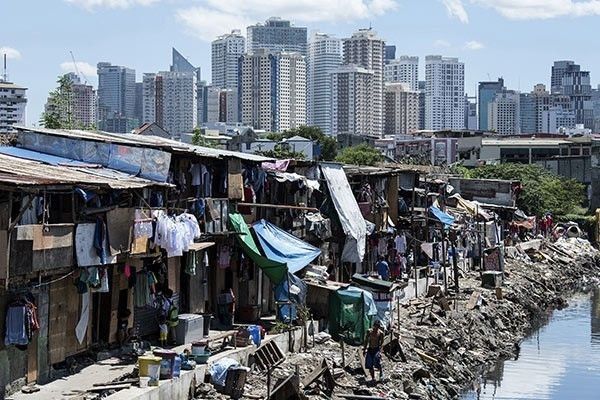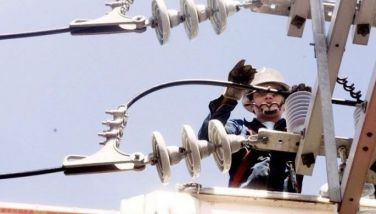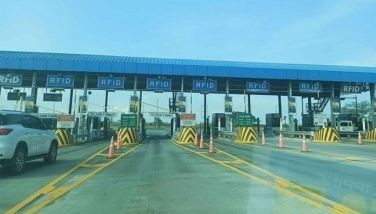Financial inclusion seen to ease poverty

MANILA, Philippines — New research suggests that financial inclusion may address the rise in extreme poverty, according to state think tank Philippine Institute for Development Studies (PIDS).
In a study titled “Understanding and Measuring Financial Inclusion in the Philippines,” PIDS senior research fellow Margarita Debuque-Gonzales said financial inclusion in the country still needs improvement in some areas.
“Financial inclusion helps individuals and small businesses invest for the future. It helps smooth consumption. It helps households and small businesses manage their finances. Therefore, it can help enhance productivity and long-term growth, and potentially help reduce poverty and inequality,” Debuque-Gonzales said.
The study was presented during a research forum jointly organized by the PIDS and the Bangko Sentral ng Pilipinas (BSP).
Citing 2020 data from the Global Microscope Economist Intelligence Unit (EIU), Debuque-Gonzales said the Philippines is leading in terms of having an enabling environment for financial inclusion among Asian countries such as China, India, Malaysia, Thailand, Indonesia, Vietnam, Cambodia and Myanmar.
However, the country is “challenged” when it comes to payments infrastructure, internet connectivity, digital identification and credit information.
According to the World Bank Global Findex 2017, the Philippines also lags in terms of ownership of financial accounts. The same report showed that the reasons for being financially excluded in the Philippines are due to cost, documentation issues and distance.
The PIDS study co-authored with PIDS supervising research specialist John Paul Corpus also found a wide gap in financial inclusion index, including outreach and usage subindices, among the regions in the Philippines.
The National Capital Region (NCR) has consistently topped the list, while the Bangsamoro Autonomous Region in Muslim Mindanao and Eastern Visayas were at the bottom.
Debuque-Gonzales said improvement in education could help provide Filipinos better access to formal borrowing sources.
Debuque-Gonzales provided recommendations to improve financial inclusion in the country, one of which is by improving financial education. In particular, she mentioned the creation of programs that will improve math and financial literacy.
“What I (would) like to emphasize here is the importance of math… People need to develop math literacy skills to really understand finance. We need it at the functional level and even at the basic level, meaning from basic education,” Debuque-Gonzales said.
According to the study, it would help if the government would encourage the use of basic or low-fee accounts and implement consumer protection policies.
Debuque-Gonzales warned against risks that come with financial innovations as she called on lawmakers and regulators to “continuously strike an optimal regulatory balance to foster both financial inclusion and financial stability.”
Former PIDS president and current member of the board Financial of trustees Gilberto Llanto said “geography remains a critical determinant of account ownership, usage and even fintech use.”
The study also showed that financial inclusion among Filipinos through account ownership and credit use is more likely “if one is richer, more educated, wage-employed, female or older.”
Under its Digital Payments Transformation Roadmap, the BSP aims to convert 50 percent of total retail transactions to digital channels and increase the number of Filipino adults who are financially included to 70 percent by 2023.
- Latest
- Trending






























